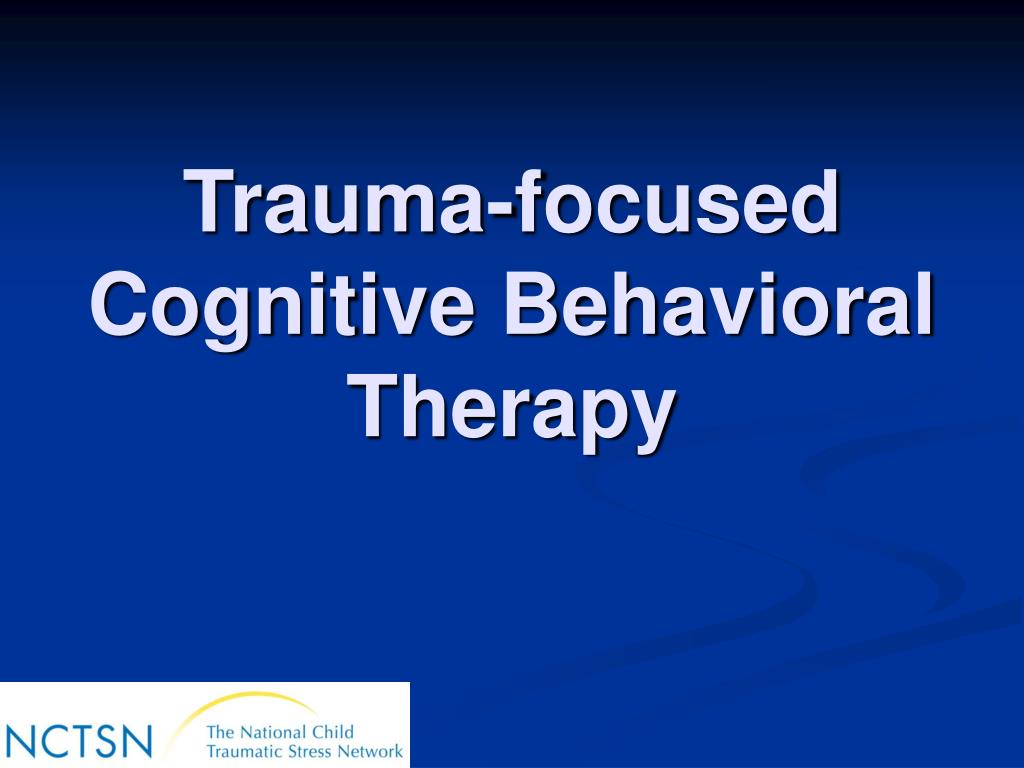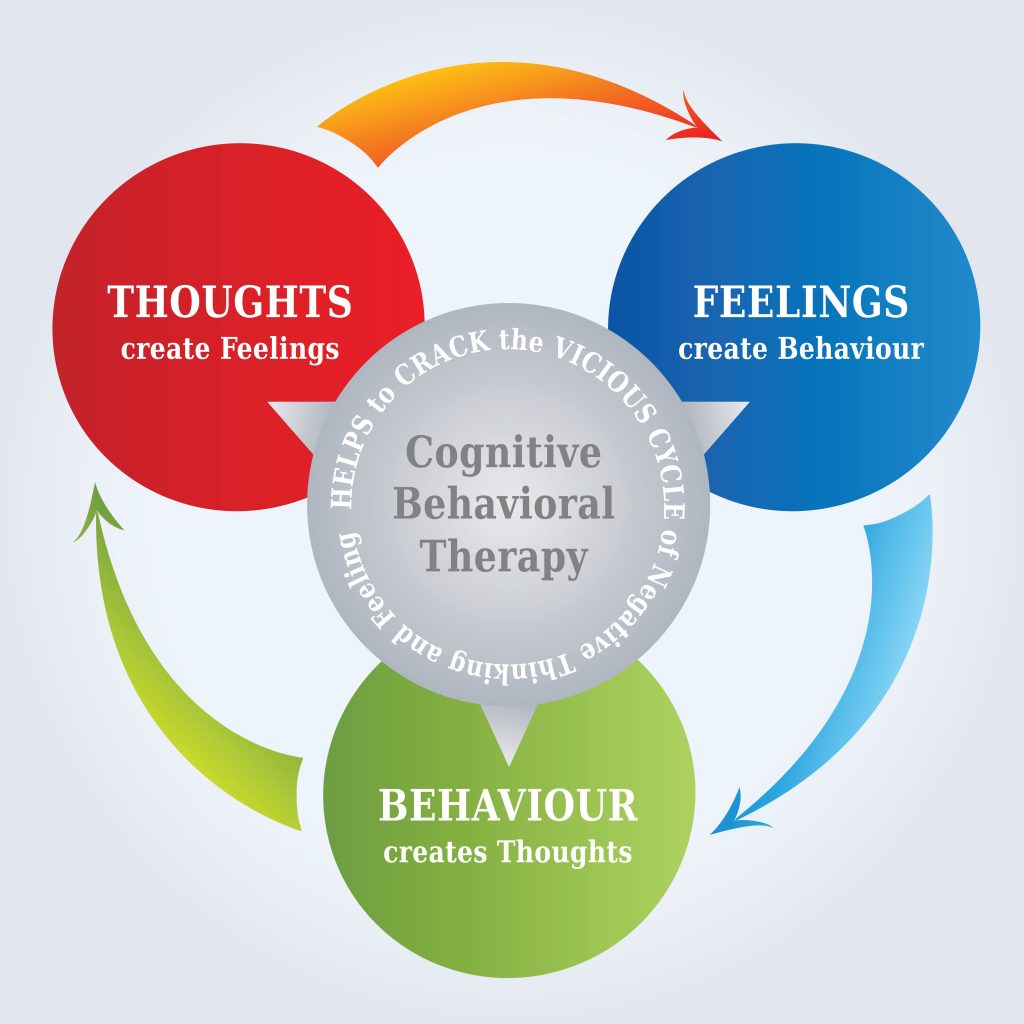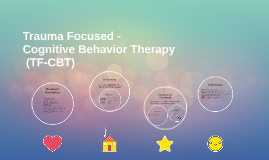

- #Trauma focused cognitive behavioral therapy techniques how to
- #Trauma focused cognitive behavioral therapy techniques full
Program Delivery Child/Adolescent Services

T – Trauma narrative and processing: Gradual exposure exercises including verbal, written and/or symbolic recounting (i.e., utilizing dolls, art, puppets, etc.) of traumatic event(s) so the child learns to be able to discuss the events when they choose in ways that do not produce overwhelming emotions.C – Cognitive coping: Through this component, the child learns to understand the relationships between thoughts, feelings and behaviors and think in new and healthier ways.A – Affective expression and regulation: To help the child and parent learn to control their emotional reaction to reminders by expanding their emotional vocabulary, enhancing their skills in identification and expression of emotions, and encouraging self-soothing activities.R – Relaxation techniques: Focused breathing, progressive muscle relaxation, and teaching the child to control their thoughts (thought stopping).P – Psycho-education and parenting skills.
#Trauma focused cognitive behavioral therapy techniques how to
Gradual exposure is included in all components to help children gain mastery in how to use skills when trauma reminders or cues occur.

The essential components of Trauma-Focused Cognitive-Behavioral Therapy (TF-CBT) include: The program representative did not provide information about a Logic Model for Trauma-Focused Cognitive-Behavioral Therapy (TF-CBT). Reducing shame and embarrassment related to the traumatic experiences.Enhancing parent-child communication, attachment, and ability to maintain safety.Improving parenting skills and parental support of the child, and reducing parental distress.Improving child externalizing behavior problems (including sexual behavior problems if related to trauma).Improving child PTSD, depressive and anxiety symptoms.The goals of Trauma-Focused Cognitive-Behavioral Therapy (TF-CBT) are: It is a components-based hybrid treatment model that incorporates trauma-sensitive interventions with cognitive behavioral, family, and humanistic principles. TF-CBT is a conjoint child and parent psychotherapy model for children who are experiencing significant emotional and behavioral difficulties related to traumatic life events. Children experiencing childhood traumatic grief can also benefit from the treatment. In addition, children with depression, anxiety, and/or shame related to their traumatic exposure.
#Trauma focused cognitive behavioral therapy techniques full
Children with a known trauma history who are experiencing significant posttraumatic stress disorder (PTSD) symptoms, whether or not they meet full diagnostic criteria.


 0 kommentar(er)
0 kommentar(er)
